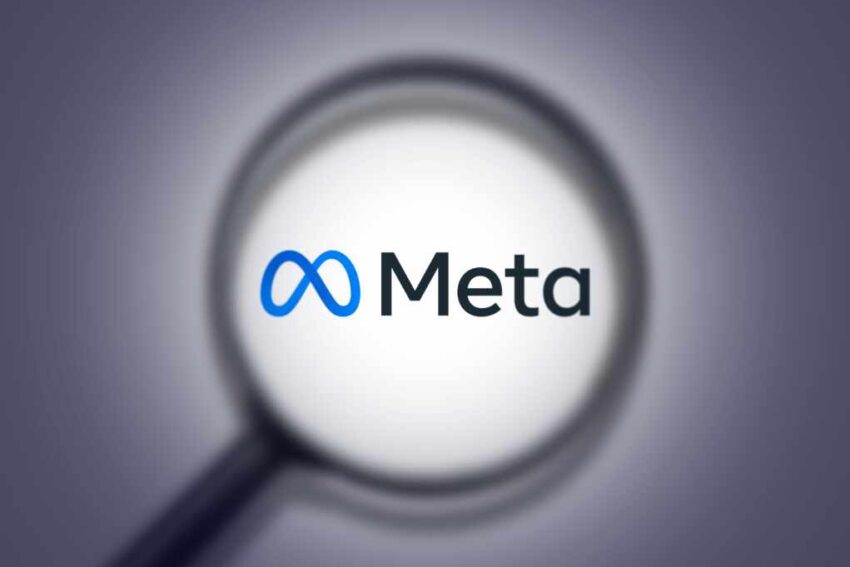Meta’s aggressive spending to lure AI talent is sparking internal unrest as veteran researchers threaten to leave over massive pay disparities.
At a Glance
- Meta offered $1.25 billion over four years to a single AI researcher who declined
- Capital expenditures on AI increased by $30 billion in 2025
- 24-year-old Matt Deitke accepted a $250 million package, featured in a widely shared video report
- Existing researchers allege a two-tier pay system and falling morale
- Industry leaders warn the approach risks destabilizing the tech labor market
The High-Stakes AI Talent War
In a bid to close the AI innovation gap with rivals, Meta has launched one of the most expensive recruitment drives in corporate history. Reports indicate the company recently offered an unprecedented $1.25 billion to a single AI researcher over a four-year term, only to be turned down. The move follows a period of slower AI progress in 2023–2024 and coincides with CEO Mark Zuckerberg’s decision to increase AI-related capital expenditures by $30 billion in 2025 and create Meta Superintelligence Labs.
Watch now: AI Researcher Offered $250 Million Salary by Meta — Matt Deitke · YouTube
While the financial scale of these offers has drawn industry attention, it has also amplified concerns within Meta’s own workforce. Some employees suggest that the spending signals a deeper acknowledgment that the company’s internal capabilities have fallen behind its competitors.
Internal Friction and Morale Decline
Veteran Meta researchers, many of whom helped build the company’s AI foundation, have expressed frustration over the stark pay differences between them and newly recruited talent. The perception of a two-tier system—where external hires receive massive packages while long-serving employees remain on standard compensation tracks—has fueled resentment.
Several staff members are reportedly considering leaving, with some citing a growing disconnect between leadership’s strategic vision and the day-to-day realities faced by research teams. Analysts warn that sustained internal dissatisfaction could undermine Meta’s efforts to integrate and retain the very talent it is paying heavily to acquire.
Outsized Offers and Industry Criticism
The signing of 24-year-old AI researcher Matt Deitke to a $250 million package has become emblematic of Meta’s current approach. Industry observers note that such extraordinary payouts echo cases where high-profile hires failed to deliver lasting returns, such as Yahoo’s unsuccessful recruitment of top talent in the mid-2000s.
Economist David Autor has publicly noted that when computer scientists begin earning at the level of professional athletes, it reflects a structural distortion in corporate priorities. OpenAI CEO Sam Altman has also criticized the approach, arguing that long-term breakthroughs are more likely to come from mission-driven teams rather than those motivated primarily by compensation.
Broader Market Implications
Meta’s compensation strategy could set a precedent that reshapes pay expectations across the technology sector, raising barriers for smaller firms and startups that cannot compete on salary alone. Experts also warn of potential knock-on effects for the U.S. labor market, with some studies projecting AI-driven automation could impact up to 25% of American jobs within two decades.
This escalation in pay scales may pressure other tech giants to adopt similar strategies, potentially leading to a cycle of unsustainable wage inflation. Whether Meta can translate its investment into meaningful AI leadership remains uncertain, but the current backlash suggests the company faces as much risk from within as it does from external competition.
Sources
Click this link for the original source of this article.
Author: Editor
This content is courtesy of, and owned and copyrighted by, https://deepstatetribunal.com and its author. This content is made available by use of the public RSS feed offered by the host site and is used for educational purposes only. If you are the author or represent the host site and would like this content removed now and in the future, please contact USSANews.com using the email address in the Contact page found in the website menu.








